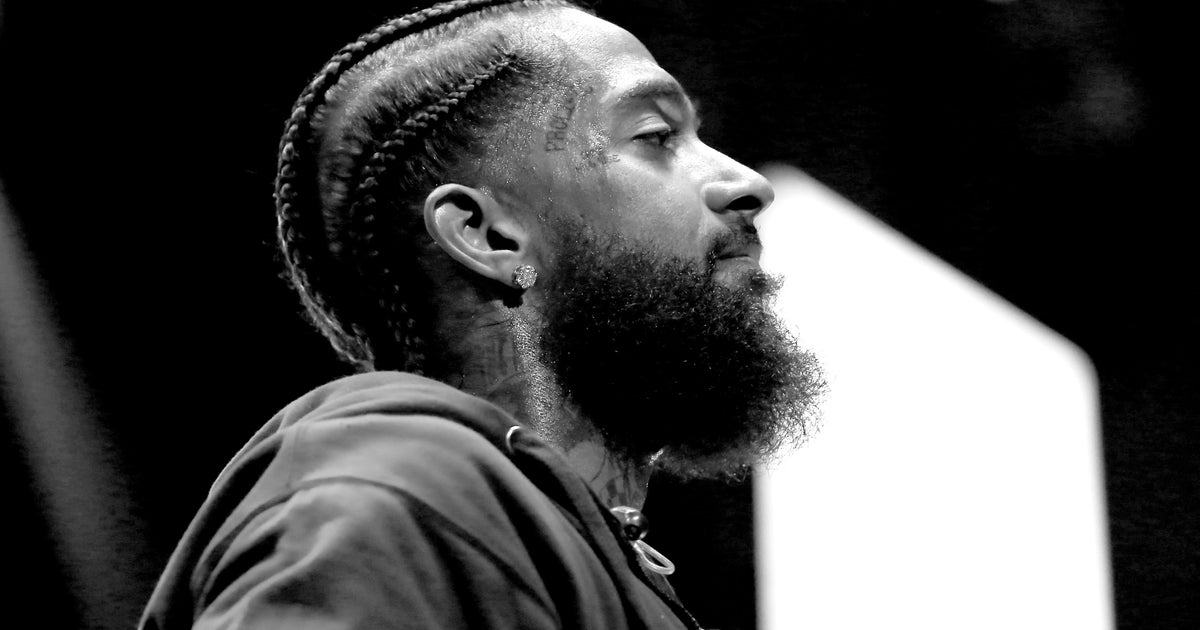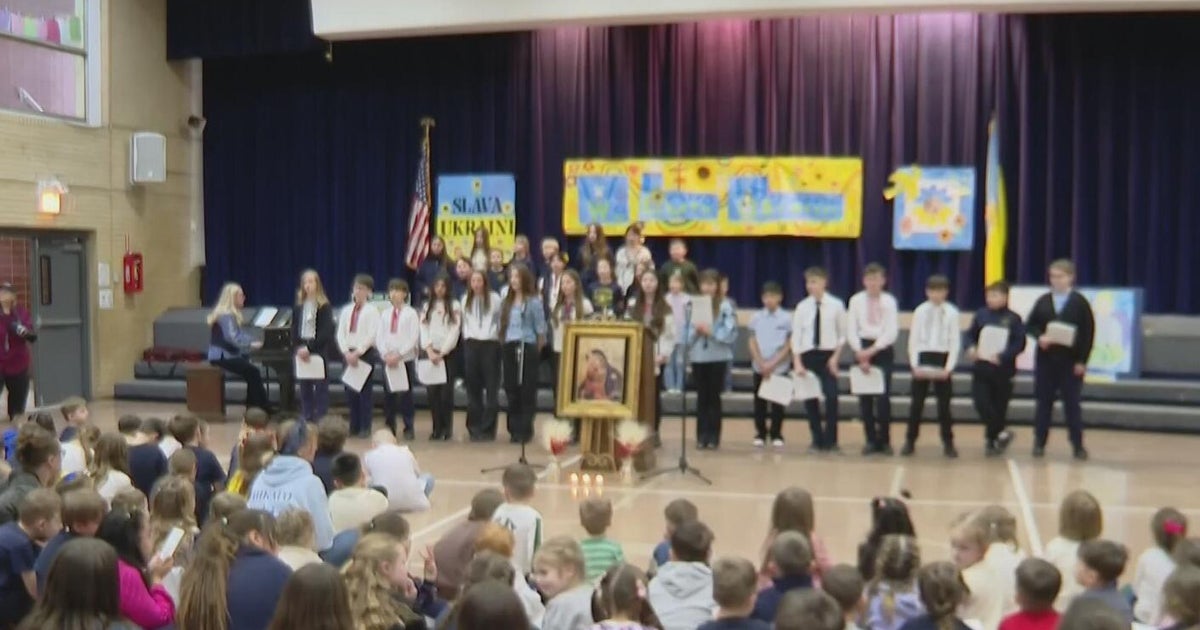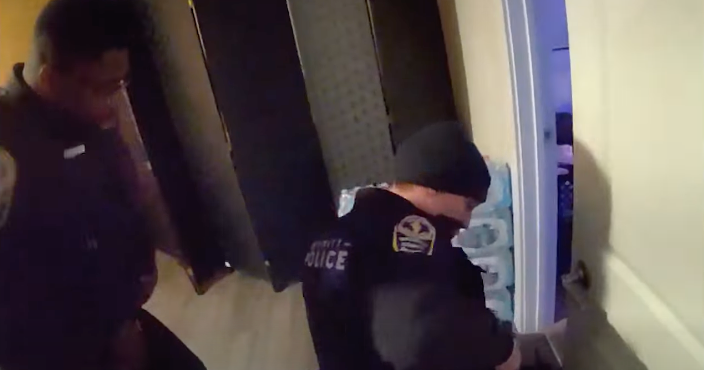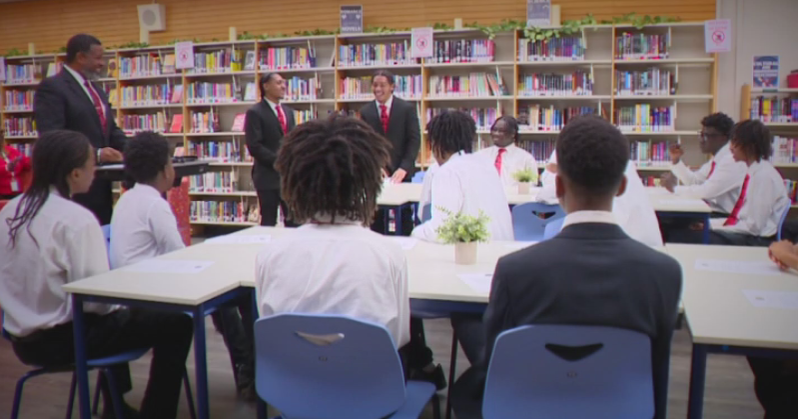Law Bans Americans From Adopting Russian Children
BALTIMORE (WJZ) -- The president of Russia signs a new law banning American families from adopting Russian children in foster care and orphanages. The ban goes into effect on the first of January and many families are now wondering if their adoption proceedings will be thrown out.
Rochelle Ritchie spoke with a local adoption agency who said that's a strong possibility.
From the moment Aaron and Heather Whaley saw 4-year-old Regina from Russia they knew in their hearts she was meant to be their daughter.
"When I saw her picture I just knew," said Heather Whaley.
Speaking to WJZ by phone, she said the decision to ban U.S. adoptions uses children as political pawns.
"We should never use children as a political tool and that's what this is turning into," she said.
President Vladimir Putin signed into law a ban on U.S. adoptions, a decision believed to be made because of a new U.S. law calling for sanctions against Russians who violate human rights.
"For those families who are now being prevented from adopting it is really devastating," said the Whaleys.
More than 9,000 international children were adopted by American families last year, including more than 200 right here in Maryland.
The ban could stop the adoption of 46 Russian children like Regina, who have already been matched with American families.
Adopting children from Russia is not only difficult but expensive.
The Whaleys will spend $18,000 on six plane tickets and more than $2,400 in agency program fees. The other expenses, including adopting Regina, will cost nearly $6,500.
"Some people are called to do this. I think my husband and I have a great heart and love for children and if we have the ability to do it, then why not?" said Heather Whaley.
American families who are in the process of adopting now wait to see if the Russian president will allow current adoptions to continue or put an end to the American dream.
More than 700,000 children in Russia are orphans or have been abandoned.
Americans have adopted more than 60,000 children from Russia in the past two decades.







